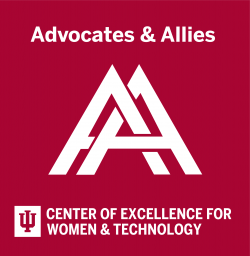Continuing with last week’s reflection, we are circling back on important language/concepts to understand when we discuss social justice and equity.

Power & Oppression:
Our society has been inlaid with systems of oppression, which create hierarchies of power based on social group membership, operating at the individual, institutional, and societal level. Power in these systems determines which person or group receives access to resources; these resources are not just economic, but also include social influence, particularly where one person/a group can shape the laws and norms of a society. A variety of systems of oppression exist, including racism, sexism/genderism, heterosexism, ableism, classism, antisemitism, and religious hegemony.
Privilege:
Privilege is essentially an advantage, benefit, and/or exemption afforded to one social group based solely on their proximity to the top of the power hierarchy. Privilege is generally invisible to those who are given it and can cascade through time as the benefits given to one group multiply (particularly in relation to wealth). Privilege comes at the expense of denying the worth, undercutting the growth, and overtly punishing other identity groups which are considered “other” under system(s) of oppression.
Intersectionality:
This concept comes from a long lineage of thinking about the nature of oppression by Black women, with Kimberlé Crenshaw coining the term in 1989. As a result of proliferation outside the term’s original context, common understanding of intersectionality has been slightly lost. Intersectionality is a term used to describe how systems of oppression connect and intertwine to create unique experiences of oppression and power for each individual. Just as one person is not “diverse,” a person is not “intersectional.”
Equity vs. Equality vs. Justice:
Similar to intersectionality, equity and equality are often used in social justice conversations in ways that confuse their connected, yet different, meanings. Equality is concerned with everyone receiving the same opportunity and benefits, regardless of their identities and contexts. Equity, on the other hand, pays attention to how oppression (and intersectionality) has created unequal contexts between individuals when considering how opportunities/resources are distributed. Equity is a more desirable goal as it addresses the historical inequities that shape today’s world, rather than equality’s blanket approach which essentially continues these inequities. However, justice is ultimately the most desirable, as it is a transfiguration of our society to remove systemic inequity toward actual equal opportunity.
Definitions and concepts derived from the following resources:

